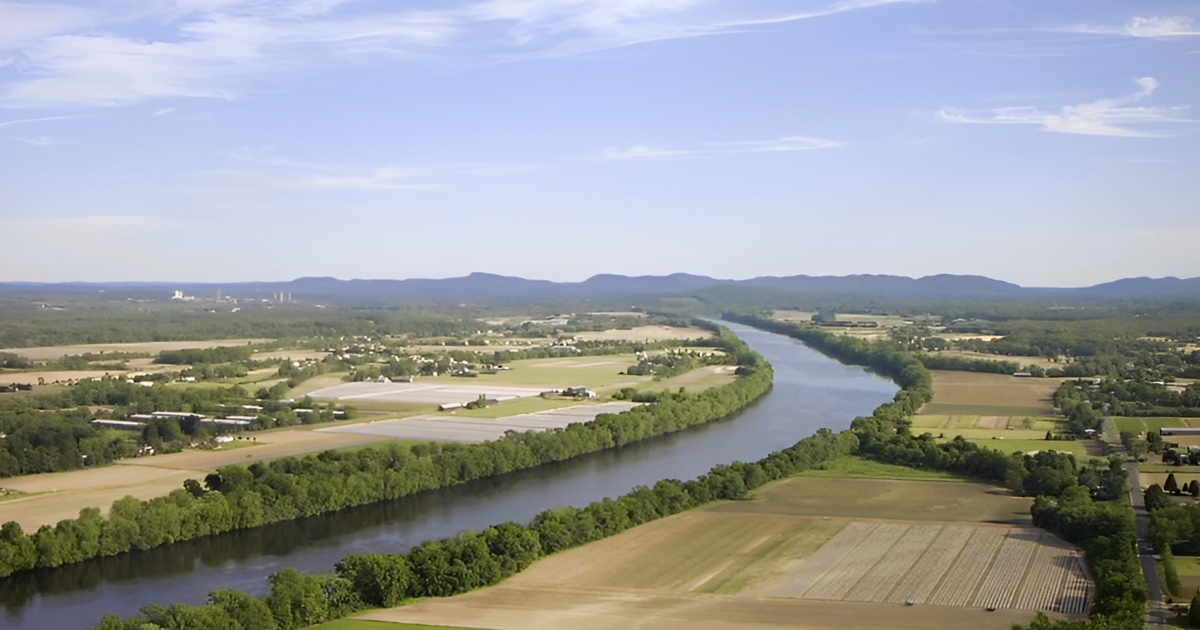Healing Place and Planet: Conference on Landscape and Greenway Planning
A special issue of Land (ISSN 2073-445X). This special issue belongs to the section "Landscape Ecology".
Deadline for manuscript submissions: 31 March 2026 | Viewed by 3461

Special Issue Editors
Interests: visual resource management; landscape assessment; cultural ecosystem services; wetland assessment
Special Issues, Collections and Topics in MDPI journals
Interests: urban and regional planning; planning theory and ethics; urban design; metropolitan governance; sustainable transportation planning; digital communities and urban development
Special Issues, Collections and Topics in MDPI journals
Special Issue Information
Dear Colleagues,
The Fábos Conference on Landscape and Greenway Planning is held every three years to connect landscape architects, planners, and policy makers to advance research and practice on landscape and greenway planning from the local to the international level. The aim of this conference is to explore how landscape architects and planners from different countries approach greenway planning and to understand how greenways have been tailored to each country’s unique geographical, cultural, and political circumstances.
The 2025 Fabos Conference had the theme of “Healing Place and Planet” (Ahern et al., 2025) (https://openpublishing.library.umass.edu/fabos/site/about/, 11-13 April 2025, University of Massachusetts Amherst, MA, USA), which focuses on greenways’ vital role in connecting urban and rural settings, promoting ecological balance, and offering spaces that promote human health and well-being.
More specifically, the following topics are addressed:
- Greenways and human health benefits;
- Greenways for revitalization and equity access;
- Climate mitigation and ecological assessment;
- Greenway ecological services assessment and management;
- Urban streetscape assessment, development, and management.
Because the conference provides an online platform for the dissemination of research findings via published proceedings, this Special Issue welcomes the submission of papers selected from the conference proceedings. Contributions will be subject to peer review and, upon acceptance, will be published in order to rapidly and widely disseminate research results, developments, and applications.
Submitted manuscripts should fulfil the following requirements: (i) The paper should be expanded to the size of a research article (at least 50% additional, new, and unpublished material compared to the earlier paper); (ii) the conference abstract and/or paper should be cited and noted on the first page of the submission; (iii) authors are asked to disclose that it is a conference paper in their cover letter and include a statement regarding what has been added and/or modified compared to the original conference paper.
We look forward to receiving your original research articles and reviews.
Reference:
Ahern J., Cataldo L., Eisenman T., Fabos A., Jombach S., Keszthelyi A.B., Lindhult M. S., Mell I. C., Nusair S., Ryan. R. L., Valanszki I. 2025. Healing Place and Planet; Book of Abstracts; The 8th Fabos Conference on Landscape and Greenway Planning (Amherst, April 11-13, 2025).
Prof. Dr. Richard Smardon
Dr. Carlos José Lopes Balsas
Guest Editors
Manuscript Submission Information
Manuscripts should be submitted online at www.mdpi.com by registering and logging in to this website. Once you are registered, click here to go to the submission form. Manuscripts can be submitted until the deadline. All submissions that pass pre-check are peer-reviewed. Accepted papers will be published continuously in the journal (as soon as accepted) and will be listed together on the special issue website. Research articles, review articles as well as short communications are invited. For planned papers, a title and short abstract (about 250 words) can be sent to the Editorial Office for assessment.
Submitted manuscripts should not have been published previously, nor be under consideration for publication elsewhere (except conference proceedings papers). All manuscripts are thoroughly refereed through a single-blind peer-review process. A guide for authors and other relevant information for submission of manuscripts is available on the Instructions for Authors page. Land is an international peer-reviewed open access monthly journal published by MDPI.
Please visit the Instructions for Authors page before submitting a manuscript. The Article Processing Charge (APC) for publication in this open access journal is 2600 CHF (Swiss Francs). Submitted papers should be well formatted and use good English. Authors may use MDPI's English editing service prior to publication or during author revisions.
Keywords
- climate change
- resilience
- urban greenways
- landscape and regional planning
- landscape/greenspace policy and planning
- ecosystem services
- green infrastructure
Benefits of Publishing in a Special Issue
- Ease of navigation: Grouping papers by topic helps scholars navigate broad scope journals more efficiently.
- Greater discoverability: Special Issues support the reach and impact of scientific research. Articles in Special Issues are more discoverable and cited more frequently.
- Expansion of research network: Special Issues facilitate connections among authors, fostering scientific collaborations.
- External promotion: Articles in Special Issues are often promoted through the journal's social media, increasing their visibility.
- Reprint: MDPI Books provides the opportunity to republish successful Special Issues in book format, both online and in print.
Further information on MDPI's Special Issue policies can be found here.






